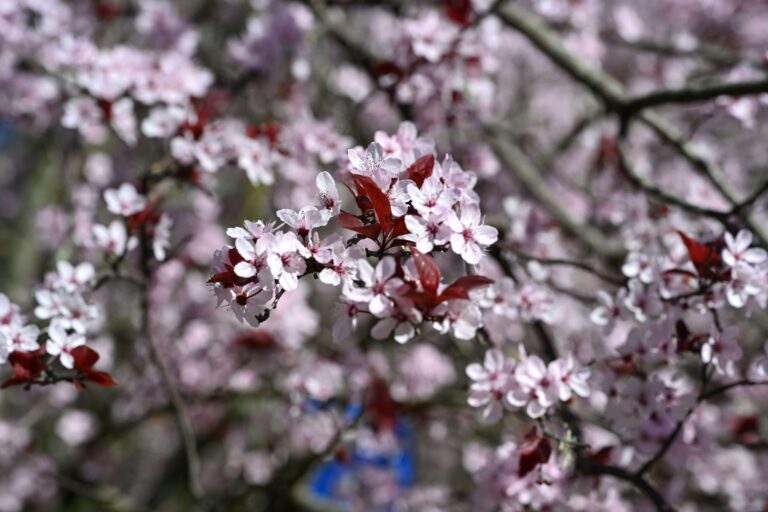
Cherry Trees for Nagle Place
Gardeners can check out seeds for free from the library to plant. Then after harvest, gardeners bring seeds back to the library for others to enjoy in future growing seasons.
Articles, webinars, tips and ideas to start nurturing nature in your own neighborhood

Gardeners can check out seeds for free from the library to plant. Then after harvest, gardeners bring seeds back to the library for others to enjoy in future growing seasons.
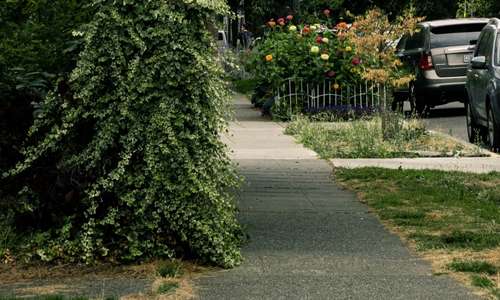
Start a garden in a planting strip along the street. Explore our interactive corridor map, find what to grow, and start nurturing today.
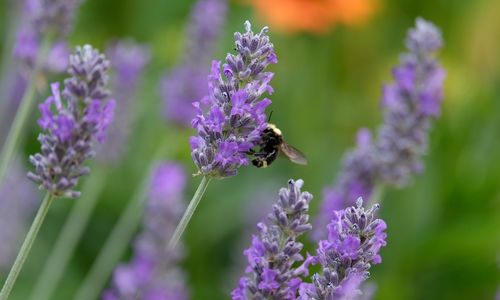
Check out our list of local wildlife-supporting plant stores and nurseries, organizations, and community science opportunities.
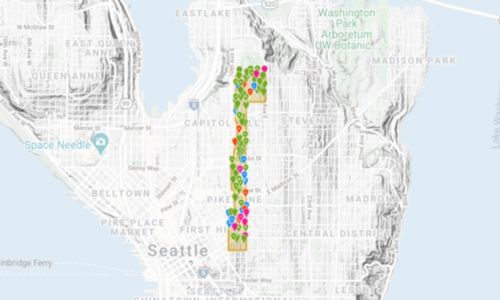
Get involved by sharing and mapping the birds, animals and nature around you to help the community understand the biodiversity in our neighborhood.
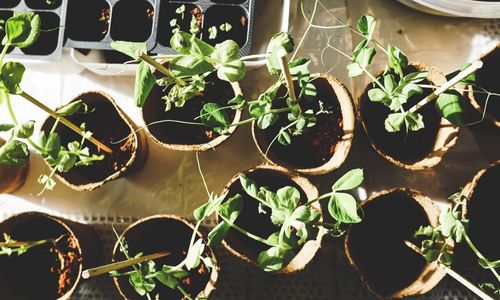
Gardeners can check out seeds for free from the library to plant. Then after harvest, gardeners bring seeds back to the library for others to enjoy in future growing seasons.
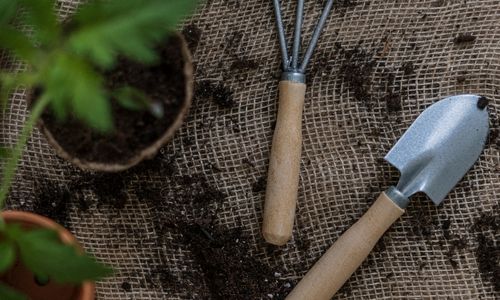
New types of vegetation can attract additional wildlife to an area. You might be surprised how a little green can go a long way!
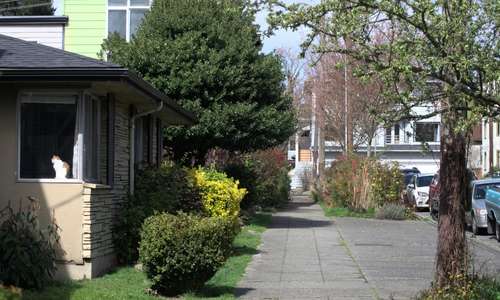
Do you wonder how a cat can be happy indoors? This presentation will give you a better understanding of cat behavior and the confidence that an indoor cat can be a happy cat.
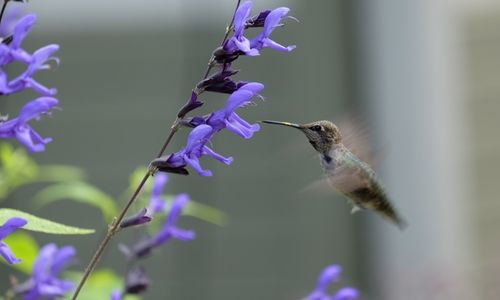
Protecting the trees and other vegetation that what we currently have is perhaps the most important way to ensure biodiversity in cities.
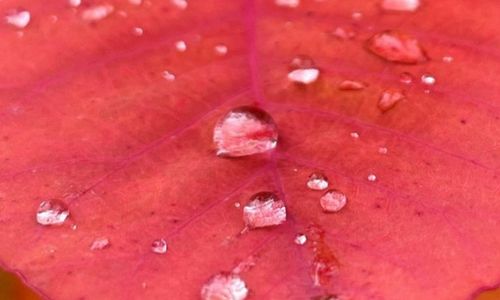
Seattle neighborhoods are full of wildlife and wild things. We’ve compiled a few exercises to help you slow down and appreciate the nature that surrounds you.
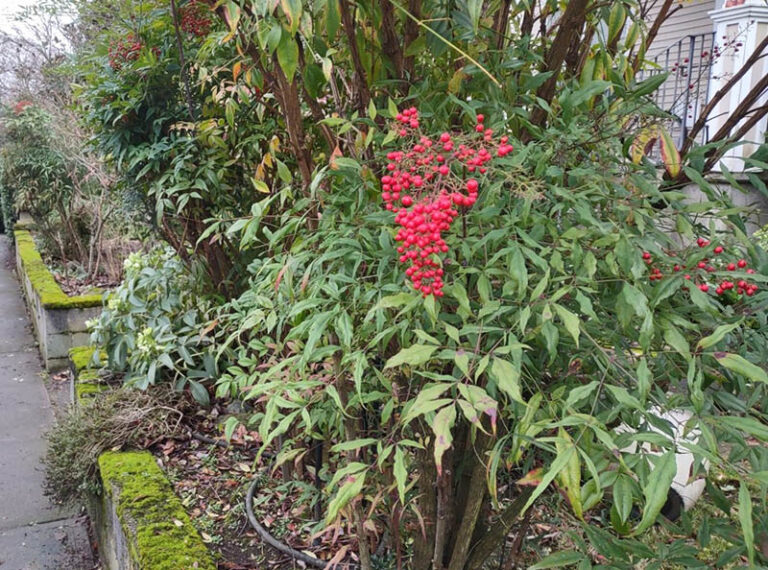
Some introduced plant species can diminish biodiversity. Other plants produce poisons that can harm wildlife. Learn what plants to avoid when figuring out what to plant or remove in your outdoor space.
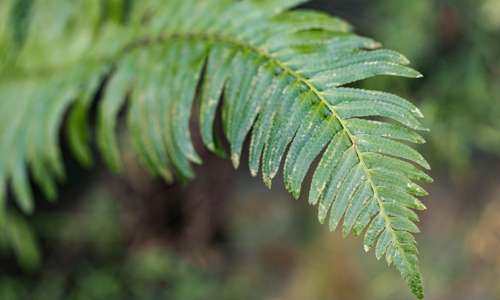
Despite the urban character and the high population density, a surprising diversity of life exists in Capitol Hill. Explore a few physical aspects of our urban ecosystems and meet some of its more-than-human residents.
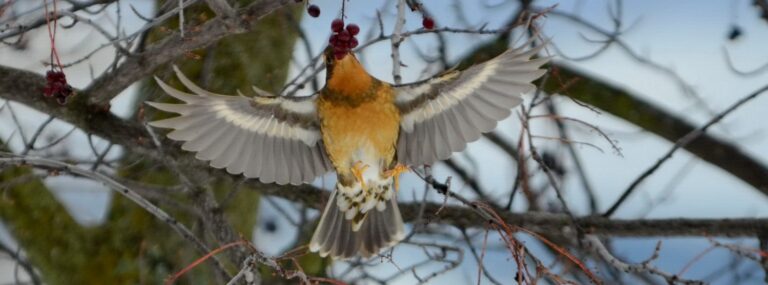
Take a virtual trip across Capitol Hill to learn about urban habitat types, how to identify the unique birds they support, and what we can do to make the neighborhood a safer place for them to live.
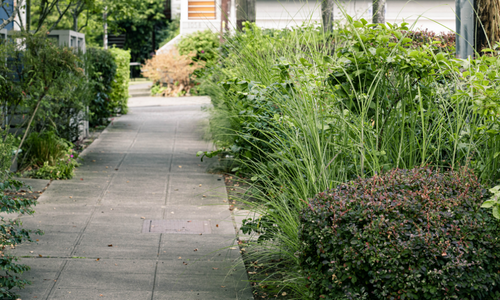
Do you want to plant a tree, create butterfly habitat, or start a vegetable garden but don’t have a yard? Learn how planting strips are a great place to start your own garden!
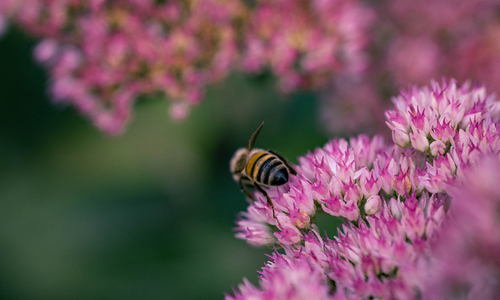
This workshop will guide you through the process and materials needed to help you decide if Mason Bees are right for you and your garden, whether you have a small deck or an open garden.
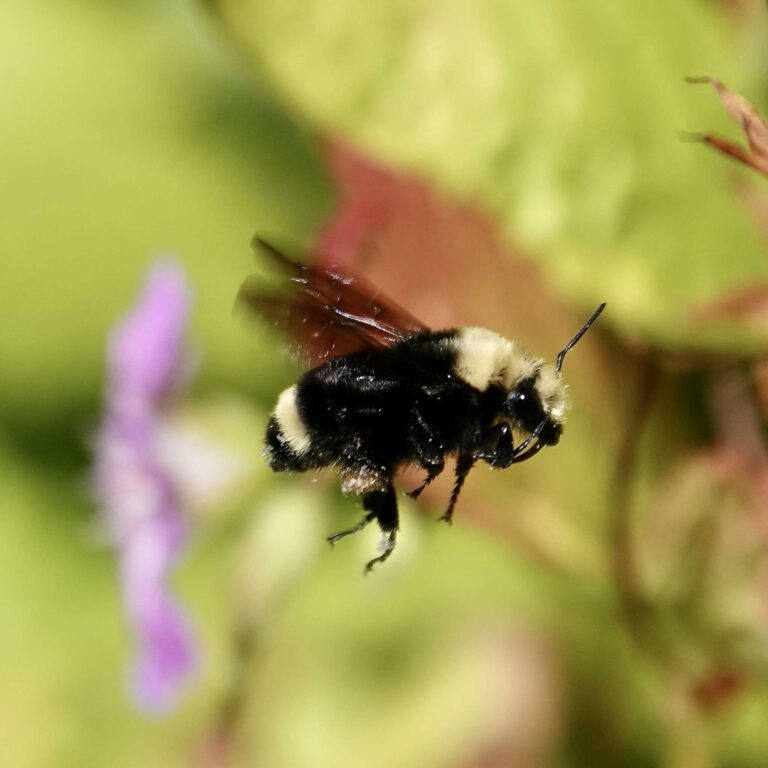
Look closer…and meet the local insects that pollinate the plants around your Seattle neighborhoods. Learn about some of our amazing native pollinating insects.
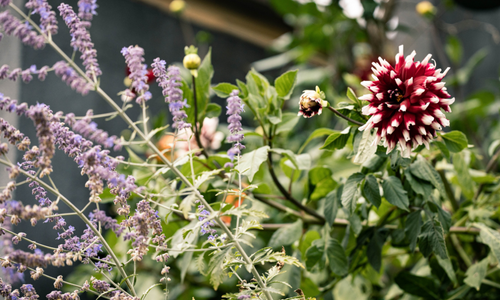
Learn about container gardening with shrubs, trees, herbs, veggies, perennials, and annuals. A special focus will be on plantings that provide pollinators with food and that encourage bird habitat.
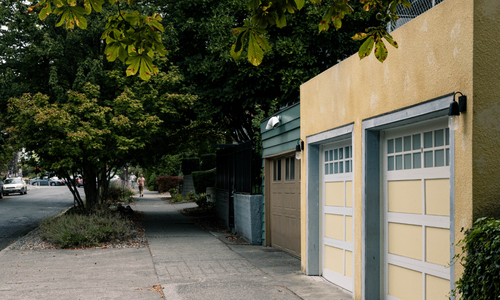
Take a virtual tour of Capitol hill with naturalist and author David B. Williams and gain a new appreciation of the nature of the city and its wild side.

Learn about the diversity in pigeon populations in the United States and the implications of this variability on the species.

Learn about diversifying the way architecture is taught and practiced from designers of color.
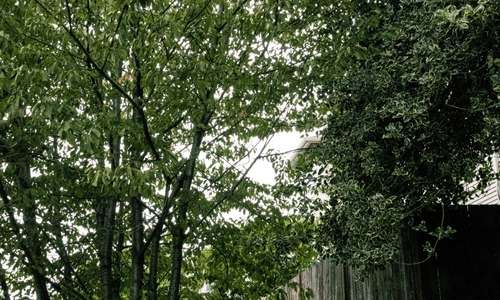
The plants, animals, fungi, microbes, and other natural features that make up “urban habitat” are important to the character, function, and livability of cities.
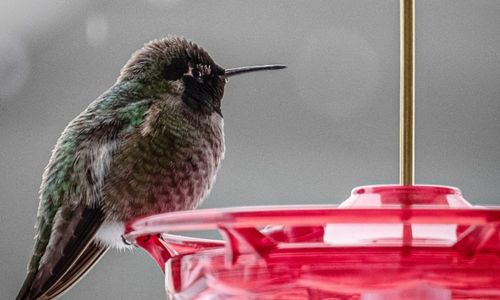
The urban environment presents dangers to wildlife that they are not always adapted to overcome. Reducing urban hazards is an essential part of enhancing habitat in cities. After all, we do not want to lure wildlife into our neighborhoods only to have them fatally collide with our windows.
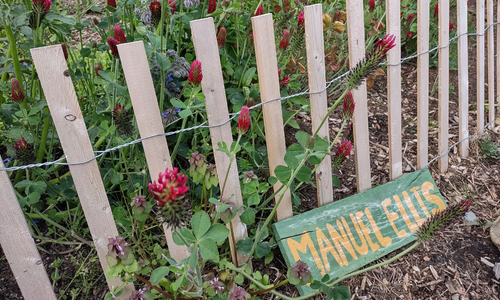
Three inspiring local food justice practitioners will share how their work in urban farming improves access to healthy foods, fosters relationships to land, and builds community.
A collaborative project led by the Capitol Hill EcoDistrict and Seattle Audubon with support from members of the Seattle Bird Conservation Partnership. Our goal is to improve access to and between green spaces while improving habitat quality for birds, insect pollinators, and other wildlife.
Nature of Your Neighborhood is a collaboration between Birds Connect Seattle, the Capitol Hill EcoDistrict, and the Seattle Bird Conservation Partnership. Our goal is to foster relationships between the people and the nature of their neighborhoods.